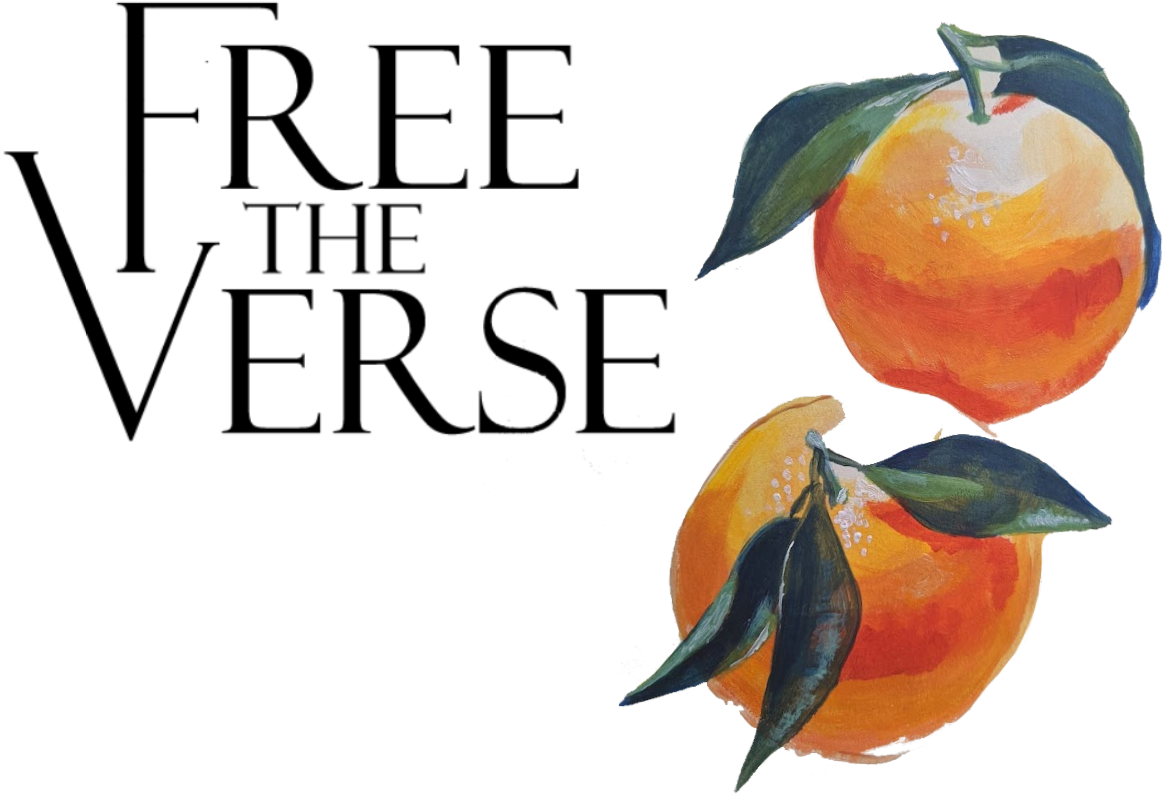Ashley Walkowiak on ‘When You’re Gone’
Ashley Nichole Walkowiak is a stalking and rape survivor who now works for the PA Office of Victim Advocate where she amplifies the voice of crime victims. She uses art and writing for her own healing journey and has held several community art curator positions. She’s the author and artist of Found. Still Lost. – a book centered around living through grief and loss – recently published by Sunbury Press.
What was the last thing that made you smile?
That feeling when you finish a beautiful novel and you’re both devastated and thankful for the journey.
Where did your poetry journey begin?
Poetry erupted from within me when I began processing my own trauma – a rape and stalking experience that occurred when I was 17. I found that common language just wasn’t adequate to express my overwhelming emotions and the themes going ’round in my psyche. Poetry saved my life, as I’ve heard many artists remark that their artforms have saved theirs.
What is a core theme of ‘When You’re Gone’, and what called you to write about it?
Time is at the core of When You’re Gone. My sister was murdered when attempting to end a domestic violence relationship a few years ago. Since experiencing this deeply unexpected and complicated loss, my relationship with Time has seemed to have its own abusive tendencies. Only, these days, I am the aggressor. There’s a clear buildup of frustration between myself and Time, then an explosion where I seek ways to abuse Time and twist it for my own purposes, never wanting to lose that power and control. This is followed by a honeymoon period where I apologize to Time and seek forgiveness. Most recently, my arguments with Time have been centered around the age gap between my husband and I and the looming reality that he will likely leave me first and I will again have to grapple with a deep loss. It’s really only a matter of Time.
Tell us about the experience of writing this poem.
Like most of my work, I seem to reach a state of emotional overwhelm and the words just begin flowing. This was written in less than 10 minutes, even though the “experience” lasted several hours. My husband had taken our 3 boys on a short weekend trip and I was in our home by myself for the first time in a while. It occurred to me that, someday in the future, this would be my life. The quiet, the solitude, the memories. As mentioned, having already lost my sister, and being significantly younger than others I’m closest with – my husband and my mother – the day will come when my children will be grown and have lives of their own and I will be alone. I imagined being that older version of myself and having a silent conversation with my younger self. It wasn’t a mental stretch to imagine this because I had already done something similar when working with a trauma therapist and revisiting an experience of my younger self. And then, the poetry happened.
What inspires you?
Humans who demonstrate the ability to allow their emotions to exist – both within them and outside them – in healthy ways, rather than succumb to the toxic positivity or toxic negativity of our culture.
Is there a poem you read over and over again?
Singe by Rachel McKibbens. You can find it in her book: blud.
Do you have a favourite poet?
O goodness, no. There are too many glorious poets who touch our souls with the many ways they arrange these same 26 letters. Lately, I have been re-reading Mary Oliver's Blue Horses.
What advice would you give to someone new to poetry?
Do not be discouraged by someone re-reading your work multiple times before they utter a word. Be encouraged that they are intrigued enough to read it again and again.
Why do you write poetry?
Why do I breathe?
You can read Ashley’s poem ‘When You’re Gone’ here.


